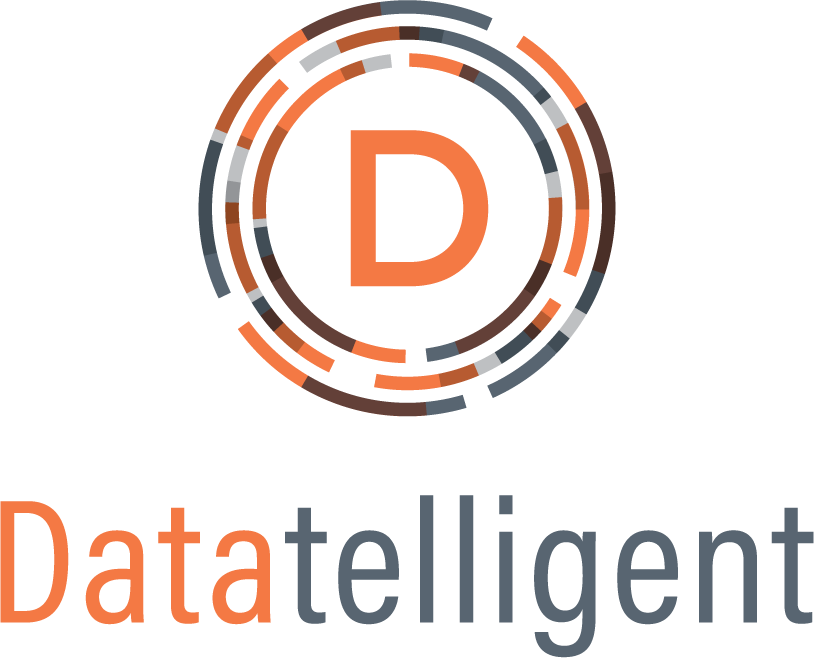From Data Awareness to Data-Driven Excellence: Datatelligent’s Data Maturity Model for Organizational Success
In today’s data-driven world, organizations need to harness the power of data to gain insights, make informed decisions, and stay competitive. However, not all organizations are at the same level of data maturity. Some may struggle with basic data management, while others may have advanced analytics capabilities but lack a data-driven culture.
This is where Datatelligent comes in. We assist organizations in assessing their data maturity and developing a roadmap for improvement. We have developed a data maturity model with four stages, each with specific characteristics and pain points.
Let’s take a closer look at each data maturity stage and how Datatelligent can help organizations overcome challenges and move towards becoming data-driven.
Data Aware: In the Data Aware stage, organizations have basic data awareness but lack a systematic approach to data management. Data is often ad hoc, siloed, and not used for decision-making purposes.
Datatelligent can help organizations in this stage by providing data management and organization solutions to create a solid foundation for data-driven decision-making. This may include implementing data governance practices, data quality assessment, and data integration strategies to ensure that data is organized, standardized, and easily accessible for analysis.
Data Proficient: In the Data Proficient stage, organizations have standardized reporting on a reporting platform, but data is primarily used for awareness purposes and not consistently utilized for decision-making.
Datatelligent can assist organizations in this stage by providing advanced analytics and reporting solutions, empowering them to leverage data for informed decision-making. This may involve implementing advanced analytics techniques such as data visualization, data exploration, and predictive analytics to uncover insights and drive data-informed decision-making.
Data Savvy: In the Data Savvy stage, organizations have started using data to make some business decisions, but data usage is inconsistent and often restricted to certain departments or silos.
Datatelligent can help organizations in this stage by implementing data governance frameworks, data democratization strategies, and providing training and support to ensure data is used effectively across the organization. This may include developing data governance policies, establishing data sharing protocols, and providing training programs to build data literacy and skills across the organization.
Data Driven: In the Data Driven stage, organizations have embraced data-first thinking, where data is embedded into all business and decision-making processes. All systems and people work together to make the most effective and efficient use of data.
Datatelligent can partner with organizations in this stage by providing advanced analytics solutions, developing predictive models, and enabling data-driven culture and practices throughout the organization. This may involve fostering a culture of data-driven decision-making through change management and leadership support.
We understand that every organization’s data maturity journey is unique, and our team of experienced data analysts and consultants is dedicated to helping organizations overcome barriers and unlock the full potential of their data. We provide tailored solutions that align with the specific needs and goals of organizations, guiding them towards becoming data-driven organizations.
Contact Datatelligent today to learn more about how we can assist your organization on its data maturity journey.





